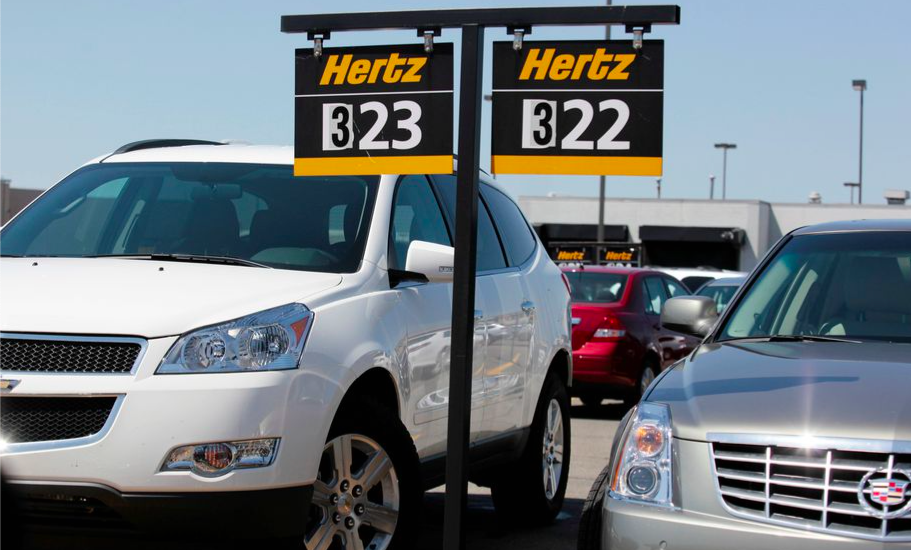Reuters
2 Min Read
When Rob Ferretti of car rental firm Gothamdreamcars looked up the selling price for a 2018 Mercedes-Benz G-Class SUV, part of his luxury 25-vehicle fleet, he was elated it could fetch over $130,000 – nearly the same price paid three years ago.
It is a very good time for car rental companies. A very rare combination of low depreciation costs on existing fleets, higher rates and a global shortage of semiconductors that has squeezed new car production, pushed trade-in prices for older vehicles to record highs in March.
“I’m able to sell a Mercedes-Benz G Wagon for what I paid for it 20,000 miles ago. So that’s effectively a free car,” said Ferretti, who is a chief operating officer at the New Jersey-based firm. “(This) is very beneficial for the business model.”
Lower depreciation costs, a major operating expense for car rental companies, has helped lift Avis Budget Group’s (CAR.O) profit. Avis’ stock has surged six-fold in the past year, hitting fresh records several times over the past two months.
Avis is the only listed company in the sector after rival Hertz went bankrupt last year. Privately held Enterprise Holdings is Avis’ and Hertz’s larger rival.
With rental bookings set to rebound in the summer, following widespread COVID-19 vaccinations, car rental firms stand to benefit from a jump in rates, as well as lower depreciation costs, analysts say.
“That’s Goldilocks in the car rental world,” said Morgan Stanley analyst Adam Jonas. “This is a very strong time and ‘all the stars are aligned’.”
Those two factors are likely to be “much more than sufficient” to offset higher new car fleet costs that car rentals might face in the near-term as summer demand returns, Jonas said.
This year, car rental firms are expected to see their first major year-over-year increase in annual rates in several years in the United States, while fleet capacity remains low.
Rental rates at Avis could rise for the first time in seven years this year, and set a new record. The company reported better-than-expected results on Monday.
The company’s stock fell over 4% on Tuesday along with a broader pullback in the markets.
“We were modeling pricing of closer to a 5% (rise) for the year in 2021,” Jefferies analyst Hamzah Mazari said, referring to Avis’ rates. “The last time that Avis got 5% pricing was never.”
Avis could also post record margins over the next year or so, as its fleet costs hover below $250 per-unit per month in the Americas in 2021, Mazari said.
The company’s fleet costs have stayed above or around $300 for several years.
“Once (Avis) gets back to pre-COVID $9.1 billion revenue number, which could be as early as next year given the vaccine rollout, they’ll do above 11% margin, their prior peak in 2012,” Mazari said. The margin stood at 8.6% in 2019.
Our Standards: The Thomson Reuters Trust Principles.











